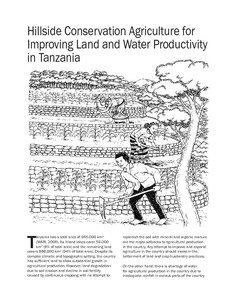Revealing the hidden effects of land grabbing through better understanding of farmers’ strategies in dealing with land loss
This article examines changing contexts and emerging processes related to “land grabbing”. In particular, it uses the case of Laos to analyze the driving forces behind land takings, how such drivers are implied in land policies, and how affected people respond depending on their socio-economic assets and political connections.







